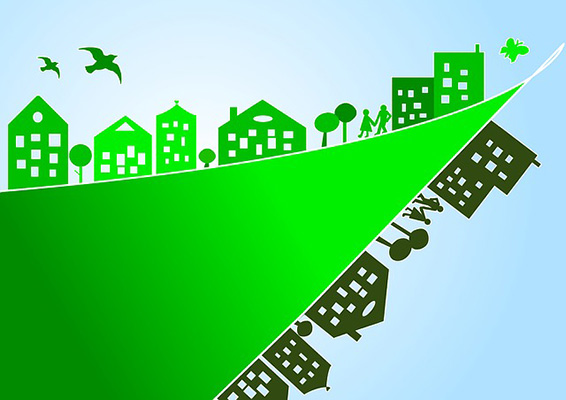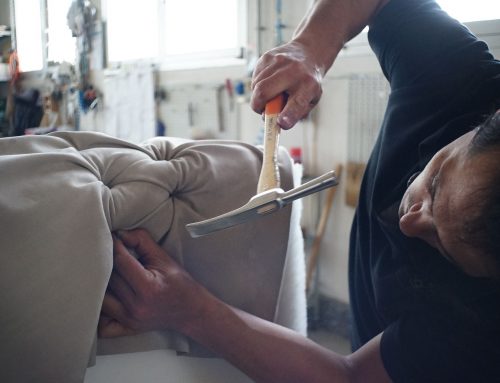It is really difficult to drive consumption habits towards sustainability.
It may be too expensive or too time-consuming (at least when considering low value-added products). But people should be aware that alternatives exist. And they should be able to understand that no existing big multinational company poses no risk to the environment, but corporations making concrete and meaningful steps are in the markets. Once again consumers have a great responsibility.
People’s first reaction, when it comes to the environmental efforts of big multinational companies, tends to be disbelief. We often hear of consumers, who go for the cheapest option since they think that environmentally friendly alternatives are a big brands’ marketing technique: just a trick to get more money from naive people. One serious doubt then arises: can companies keep pursuing profits while safeguarding the ecosystems they operate in? It is rather easy for consumers to be skeptical and hard to be objective about virtuous efforts private companies may be undertaking. Here is why:
We acknowledge that green-washing is a practice adopted by some companies. However, it could happen (and actually it already happens) that some other firms pursue their own interests while lowering their impact on the environment and transitioning towards a less harmful way of doing business.
This does not mean that we can divide companies in good or evil; to put in other terms we just can’t draw a line between some companies which only harm the environment and some other which only save it. Reality is much blurrier. Depending on the industry and the history of single corporations, you may find companies which only react to environmental regulations and others which make concrete efforts to protect the environment and to shape their business model in a way that is aligned with our biosphere constraints.
One emblematic example of the latter is Patagonia Inc. the outdoor clothing company, founded by the rock-climbing legend Yvon Chouinard, often defined as an activist company for its outspoken support to many environmental campaigns. Many remember when, on 25th November 2011, a black-Friday, the company published on the New York Times a banner stating concisely “Don’t buy this jacket”, a statement clearly vowing against the exasperated consumerism habit of a huge percentage of consumers today. For some, this positioning clashes with sustained growth and success of the company, which rose its revenues by 16% in the last three years: more sales mean more products and it is generally accepted that higher economic activity generates a higher pressure on the environment. Although this is also true for Patagonia, it is absolutely not the only element to consider. For instance, it is also true that Patagonia itself started using certified organic cotton for part of its collection in 1996 and that since the same year its collection is 100% free from pesticides (Read more here). Or that since 2003 the company is donating 1% of its net revenues to various environmental initiatives.

The above image does not represent a Patagonia advertisement
This brings us to the focal point. Patagonia is a company, and as such, it needs revenues and positive results to continue its activity: asking a company to stop making money is like asking someone to hold their breath. Although being a for profit company, Patagonia showed concrete and verifiable efforts to protect the environment; as a result, it does not only fund campaigns and external projects, but it also gradually changes its business model to increasingly provide 100% sustainable solutions.
We have a new dilemma: is it better to indulge in a consumption habit which clearly creates environmental hazard or reward a company, which although not being currently 100% sustainable is trying to transition towards a more inclusive business model?
Everyone can of course give his/her own answer.
ATTENTION: This article is not sponsored. Responses to your comments are not monitored by Patagonia, they are monitored completely by the Habits Team and are taken into consideration for any modification necessary to this article.



![Ecosia it! [4min. reading time]](https://www.habits.ninja/wp-content/uploads/ecosia-logo-500x383.png)













